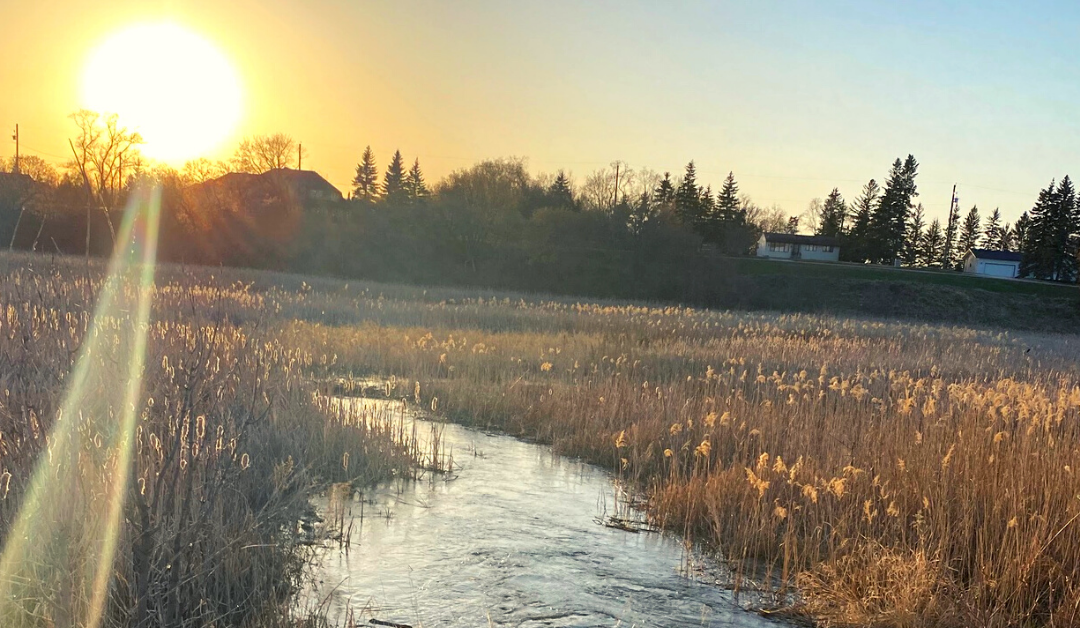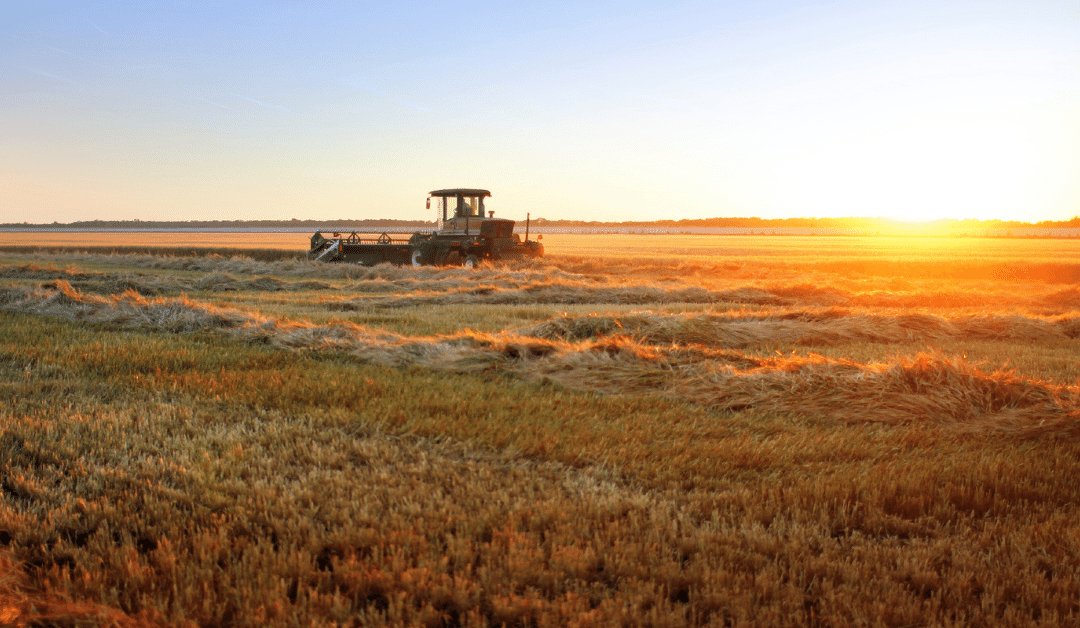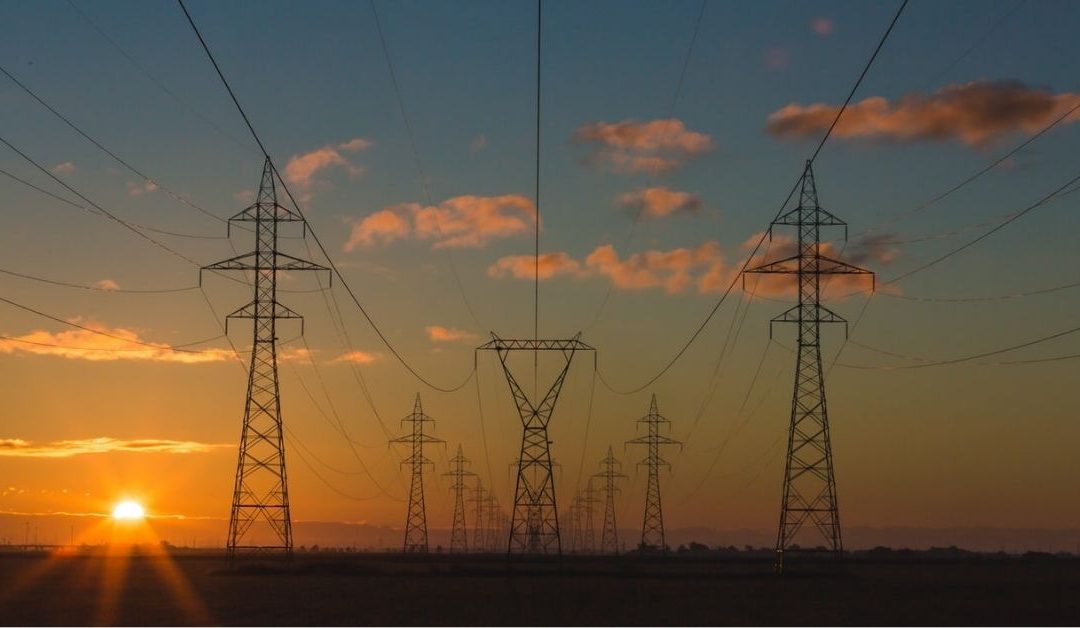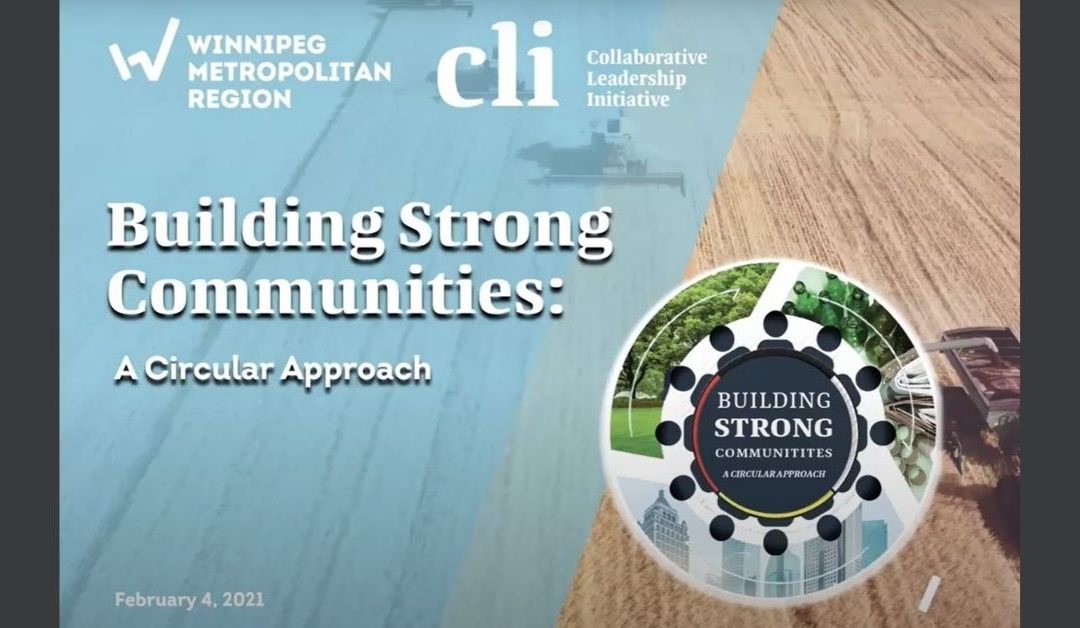Speech: Intervention from the floor on the 10th anniversary of the United Nations declaration on the rights of indigenous peoples – As Delivered
United Nations Headquarters, General Assembly Hall
New York, New York
April 25, 2017
Distinguished guests and colleagues, I’m honoured to be here on the traditional territory of the Lenape people and all the indigenous people who have walked these lands.
And I’m especially interested in speaking with the delegates to the Indigenous Forum who, unfortunately, are still in the gallery upstairs and we hope will be able to join us here on the floor of the General Assembly for such a session in the future.
Grand Chief Wilton Littlechild, the past North American representative of this forum, uses a sweetgrass metaphor to describe the three distinct pathways to reconciliation and self-determination in Canada: the UN Declaration on the Rights of Indigenous People; honouring our treaties, claims and other agreements; and working towards new recognition of rights; and also the 94 specific and meaningful calls to action that arose from Canada’s Truth and Reconciliation Commission.
These three processes are like three strands of a sweetgrass braid. In the Grand Chief’s words, “All three are starting to be woven together in a good way. The braid is much stronger than the individual strands.”
In direct response to the Declaration, the Prime Minister has mandated the Minister of Justice and Attorney General for Canada to chair a working group to review all federal laws and policies related to indigenous peoples, to reverse the colonial and paternalistic approaches. This is about breathing life into Section 35 of Canada’s Constitution which formally entrenches the rights of indigenous people in Canadian law, and yet for far too long has not been lived up to.
Canada is also holding annual meetings with First Nations, Inuit, and the Métis Nation and the Prime Minister to identify their priorities for joint work.
We are now tracking publicly the process on the 94 calls to action, and we can show progress on 41 of the 46 of those which are in the federal response – government has a direct responsibility.
In responding to the first five calls to action, we are working with the provinces and territories, First Nations, Inuit and Métis communities and leadership to completely overhaul child and family services for indigenous children to reduce the unacceptable number of children in care and ensure that they grow up with a secure and personal cultural identity which is essential to their well-being and success.
We have launched a historic national inquiry into missing and murdered indigenous women and girls, which will deal with root causes, including racism and sexism in policing.
We view the return of Indigenous women’s voices and power as a key measure of decolonization.
The Prime Minister is also committed to legislation to protect, revitalize, promote indigenous languages, and that essential work has begun and will be done in partnership with First Nations, Inuit and Métis nation.
Last year, I commented that implementing the UN Declaration on the Rights of Indigenous People shouldn’t be scary. The Declaration’s principles of free, prior and informed consent are now – and indigenous knowledge are now being built into these forms of reviewing processes for environmental assessment in Canada. We have developed new, more flexible paths to the recognition of rights and jurisdiction and self-determination as well as new fiscal relationships.
As we heard yesterday at the Canadian panel on the implementation of the UN Declaration from Grand Chief Ed John and Grand Chief Willie Littlechild, Métis scholar, legal scholar Signa Daum Shanks and Inuit President Natan Obed, we still have much work to do together.
There are centuries of wrongs to right, but there interlinked efforts are merging like the braided sweetgrass to take our country forward in a good way strengthened by the recognition of rights of indigenous people.
Thank you. Merci. Masi. Kuyanamik. Masi cho.
Source: Intervention from the floor on the 10th anniversary of the United Nations declaration on the rights of indigenous peoples Speech






0 Comments